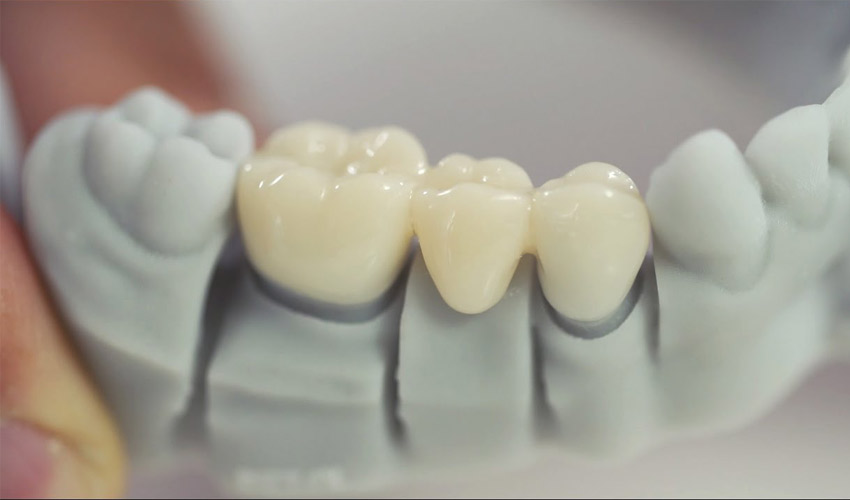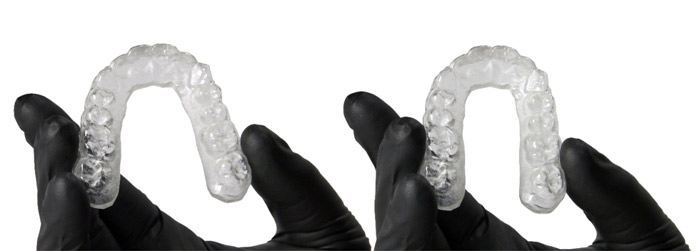Are the resins used in dental 3D printing dangerous for reproductive health?

At Northwestern University, a team of researchers developing the first female reproductive tract on a chip (EVATAR) in order to enable sex-based ex vivo (outside of the organism) research discovered something worrying about their “biocompatible” materials. While using 3D printing resins commonly used in dentistry, they realized that these resins could be potentially harmful to mammalian oocytes (commonly referred to as eggs) in vitro. Notably, they found significant ovo-toxicity in mammals leaching from the materials, suggesting that there needs to be a more rigorous evaluation of the available biocompatible materials today. The results of this study potentially call into question certain uses of dental additive manufacturing. Also it highlights the continued obstacles related to the biocompatibility and current certification of resins.
Estimated at $9.7 billion in 2025 according to Grand View Research, dental 3D printing allows for multiple applications: 3D printed trays, custom-made implants, molds, prostheses, and more. In many cases, stereolithography technology is preferred, a process based on photosensitive resins. Today, they are mainly used to make aligner molds that are then thermoformed. However, the results of the study conducted by Northwestern University suggest that they could leak compounds that could induce severe toxicity into the oocyte. Should we be concerned about the use of these resins in additive manufacturing?

photo credit: EnvisionTec
The researchers explain that they used two biocompatible resins to print 3D micro-physiological platforms to accelerate the manufacturing of a prototype reproductive device. Since reproductive cells are highly sensitive to leachable compounds, they conducted an examination of the toxicity of the resins used using an in vitro mouse oocyte maturation test. The culture made in this 3D-printed piece revealed rapid oocyte degeneration. Francesca Duncan, co-author of the study and Assistant Professor of Obstetrics and Gynecology at Northwestern University’s Feinberg School of Medicine, explains: “Our results are important because they demonstrate that leachates from commonly used materials in 3D printing slated as ‘biocompatible’ but that may have have adverse effects on reproductive health. There is a critical need to better understand the identity and biological impact of compounds that leach from these materials”.
For the moment, this study only provides evidence of toxicity in an in vitro setting, so it would be interesting to switch to study the impact in vivo to see if the same effects are seen. This is even more important since these resins are used in the 3D dental printing sector and can therefore have direct contact with mouthes. This may thus have a harmful impact on women. Francesca Duncan continues: “The results demonstrate reproductive toxicity should be a priority when characterizing all materials humans may come into contact with either in a medical setting or in their day-to-day lives.”
As we already knew, there is still a gap to be filled in the medical sector in terms of biocompatibility and certification. It remains to be seen whether this study will be able to move this debate forward. If you want to learn more about the results, you can find it HERE.
*Thumbnail photo credits : DETAX
What do you think of this study? What do you think about this procedure? Let us know in a comment below or on our Facebook and Twitter pages! Sign up for our free weekly Newsletter here, the latest 3D printing news straight to your inbox!







What is the impact on male reproduction cells?